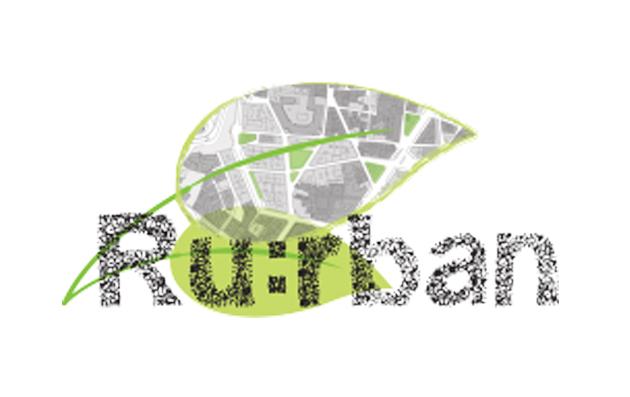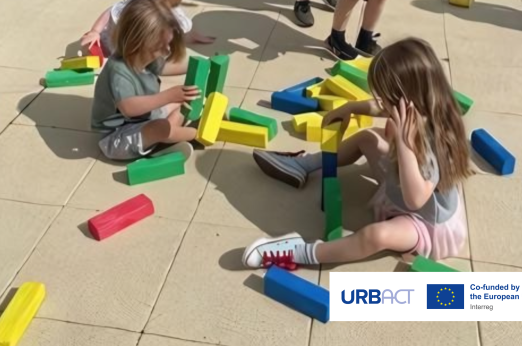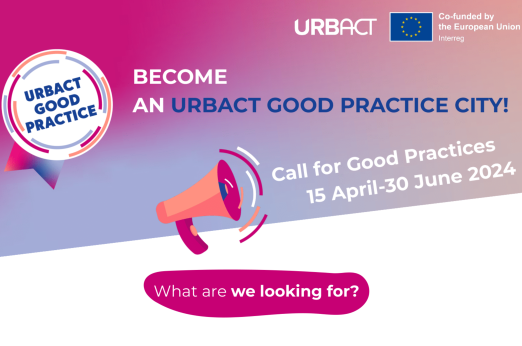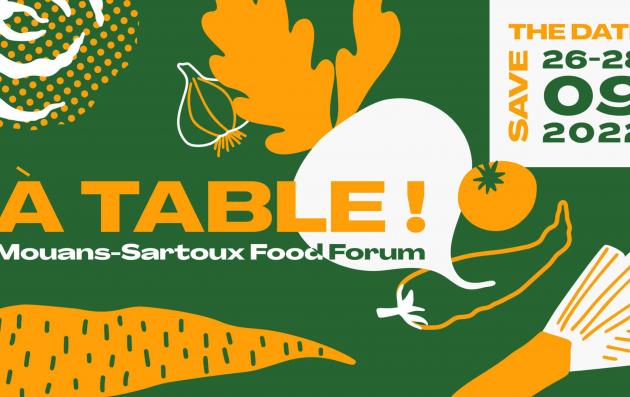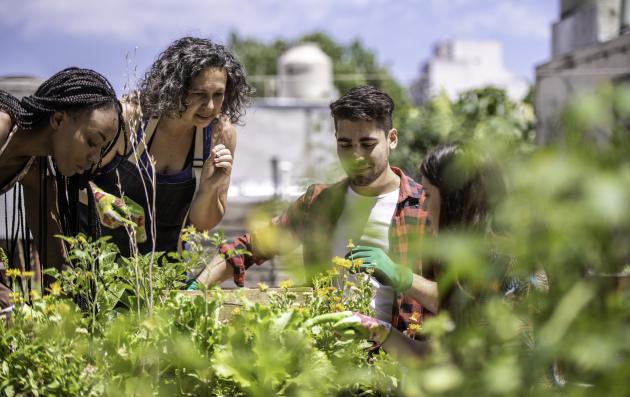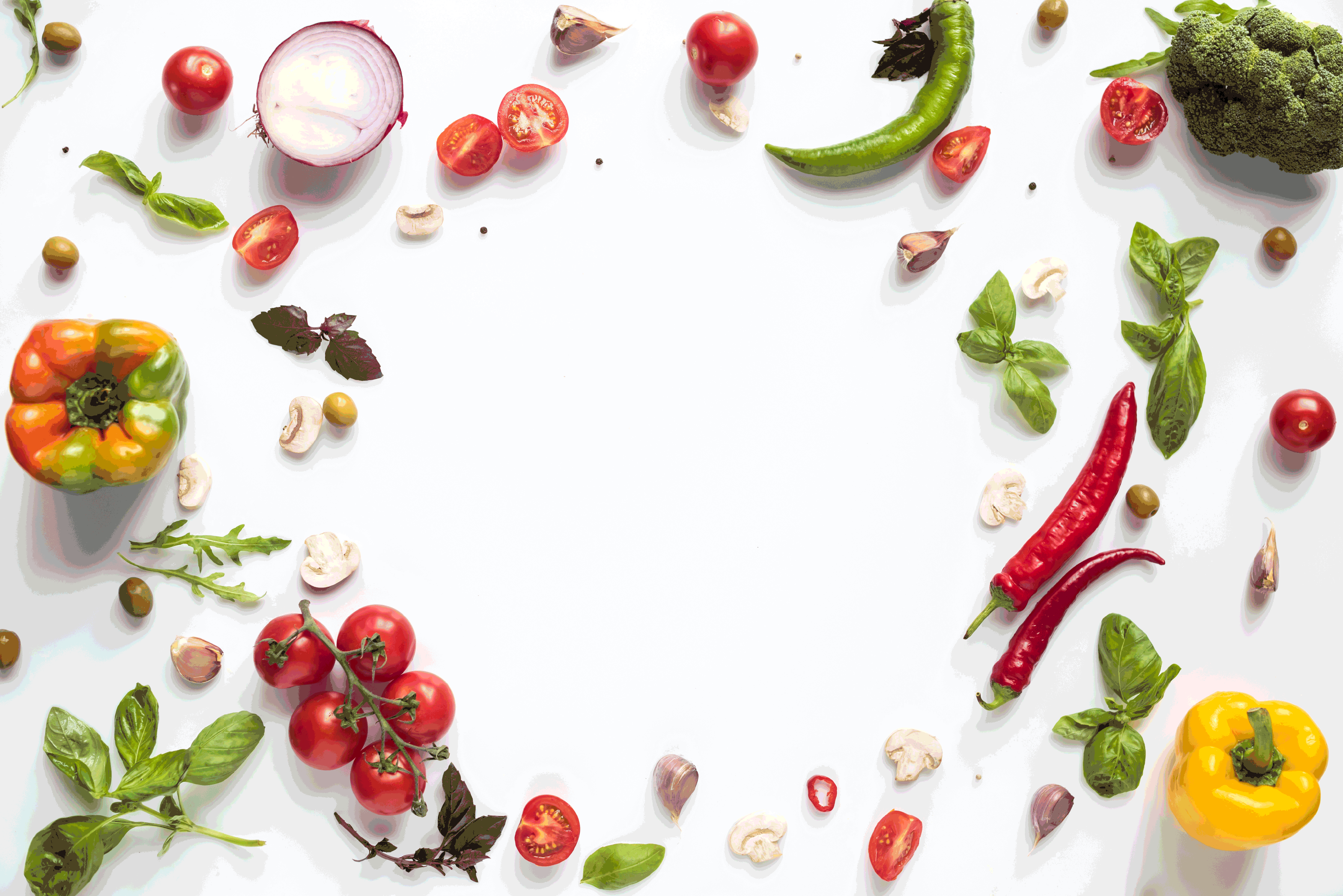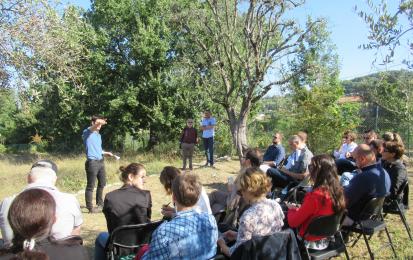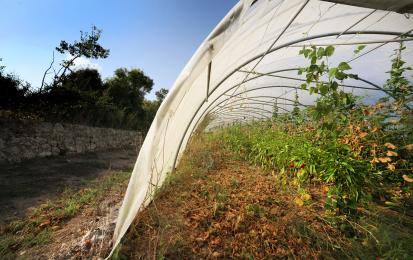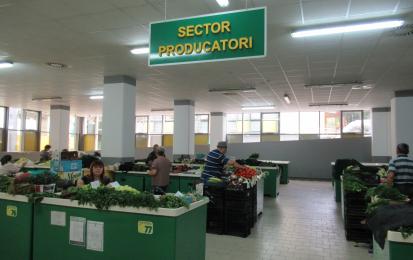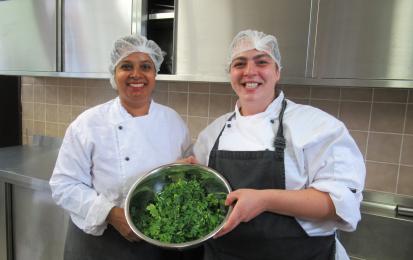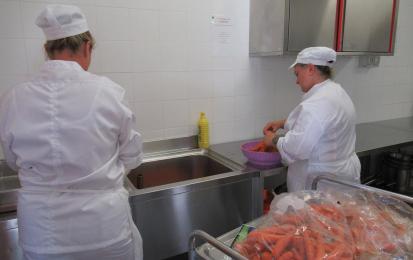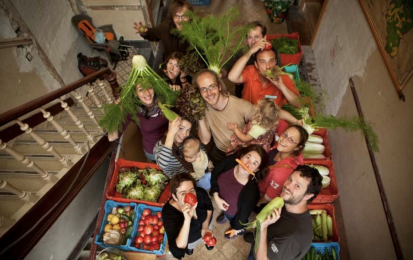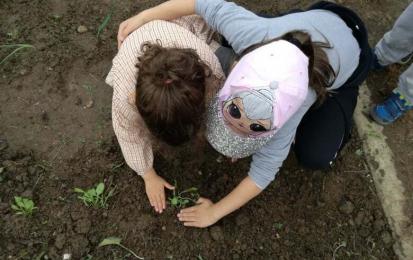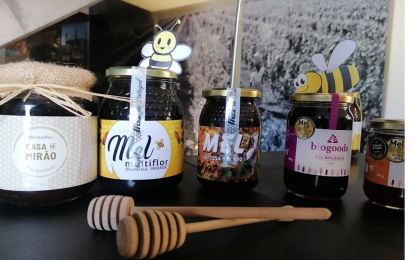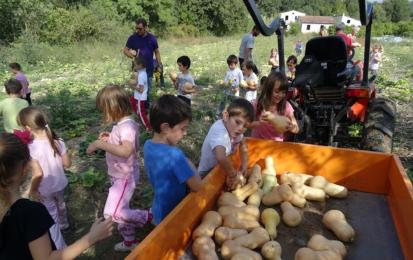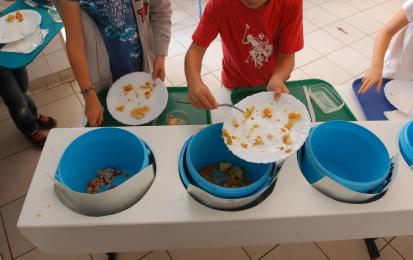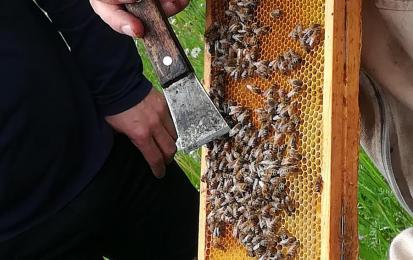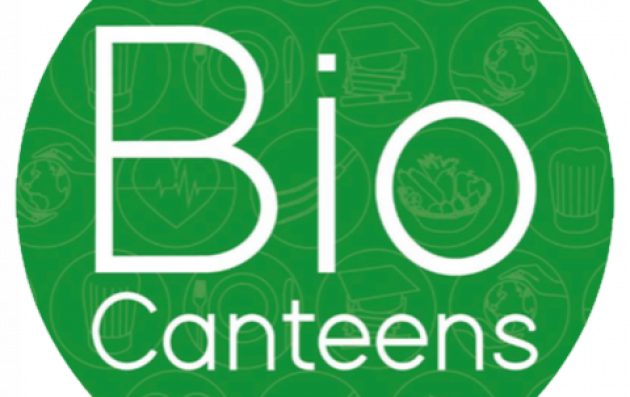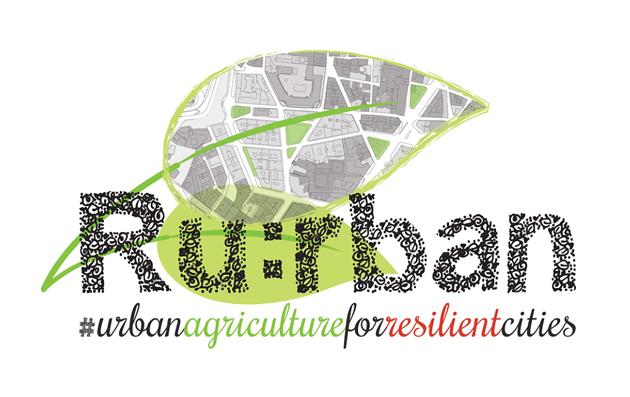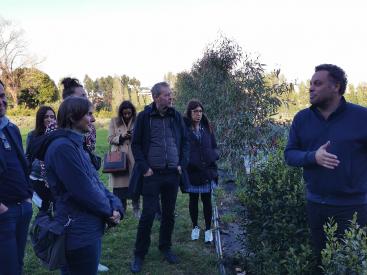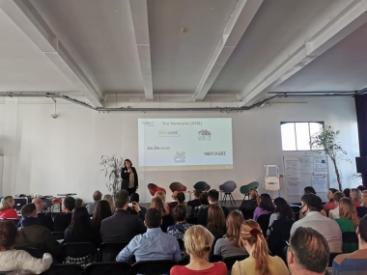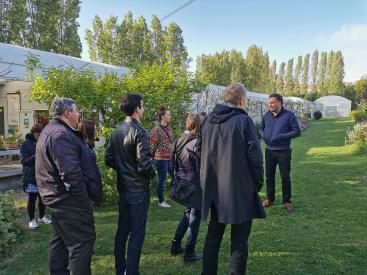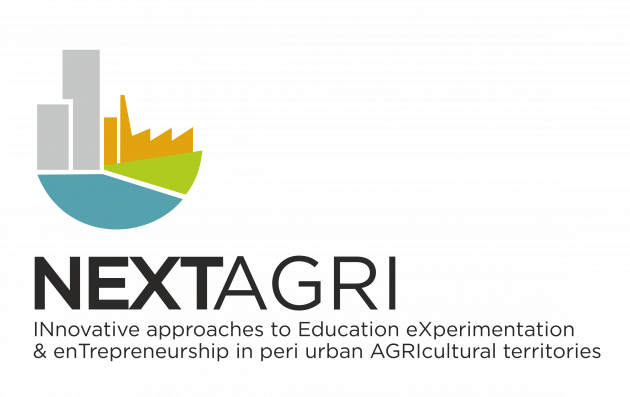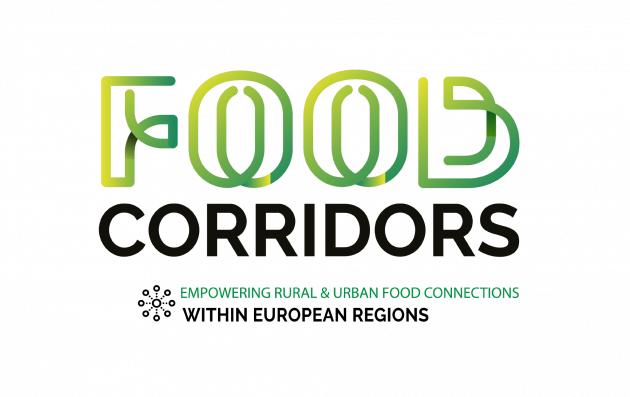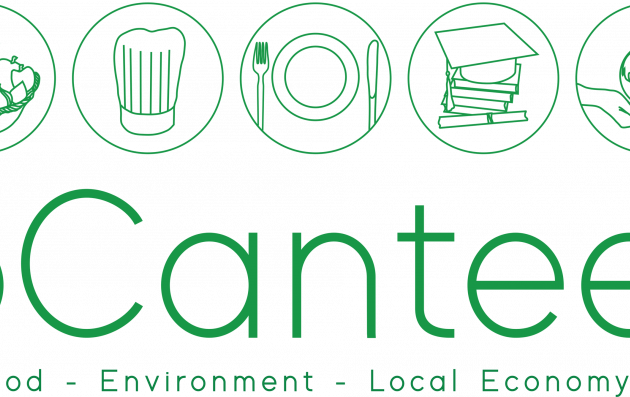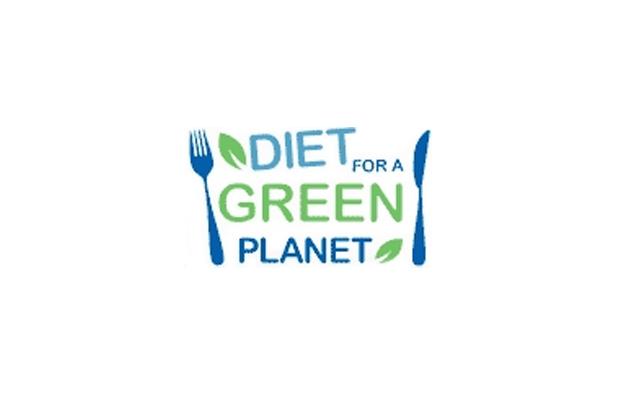RU:RBAN
- Caen - France
- Coruna - Spain
- Krakow - Poland
- Loures - Portugal
- Thessaloniki - Greece
- Vilnius - Lithuania
Summary
Timeline
- Kick-off meeting
- Transnational Meetings in Rome, Caen, Vilnius and Loures
- Thessaloniki Transnational Meeting and Mid Term Reflection
- Krakow Online Transnational Meeting
- Bi-lateral online meetings between Rome and all Project Partners
- Thessaloniki Transnational online Meeting
- Transnational Meeting in Krakow
- Network Final Event - A Coruña June 28 2021
Final Products
-
Use of common goods and taxation report(PDF, 123Ko)
-
Gardeniser Toolkit(PDF, 1Mo)
-
Gardeniser RU:RBAN Label(PDF, 5Mo)
-
RU:RBAN Transfer State report(PDF, 1Mo)
This Transfer network builds upon the "Management model of Urban gardens in Rome" Good Practice, in order to transfer to EU cities geographically distant from each other to ensure sharing of experiences to enhance the capacities of local governance. Transfer efforts will be given to 3 distinct, interlinked, thematic components/elements that the Good Practice is divided into: Capacity building in organizing urban gardens, Inspiring and training people to manage urban gardens (Gardeners) and urban gardens governance & regulations.
